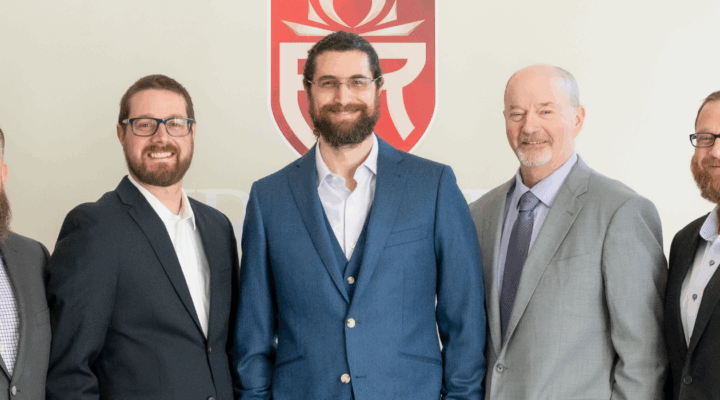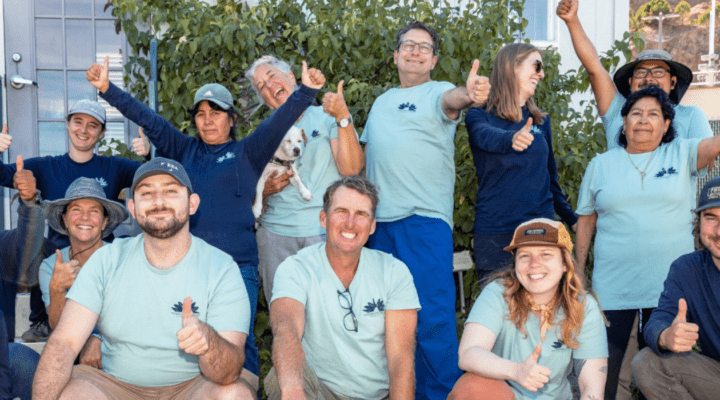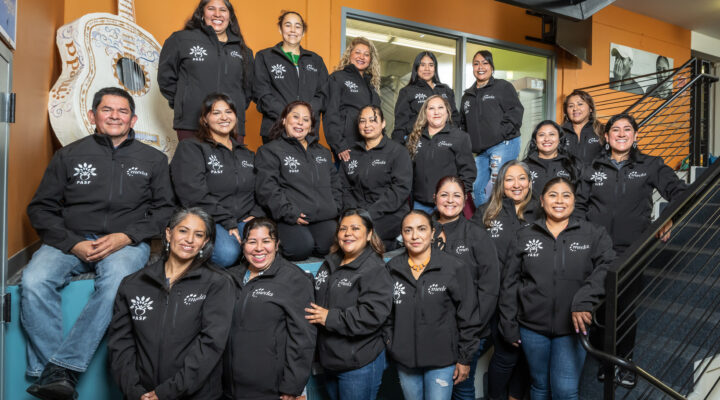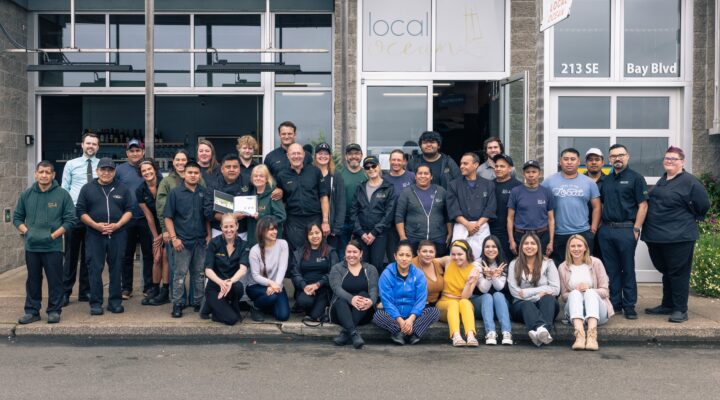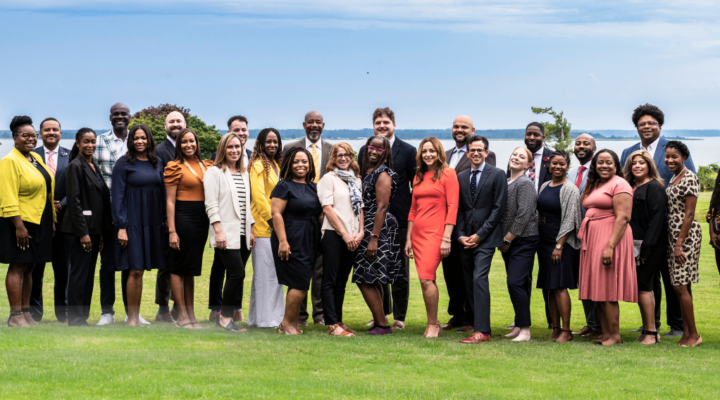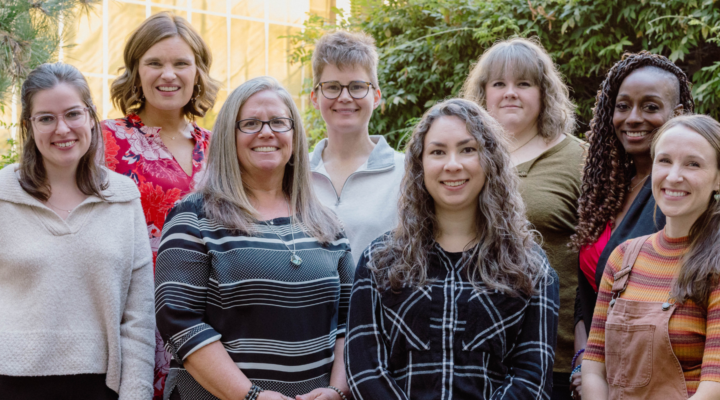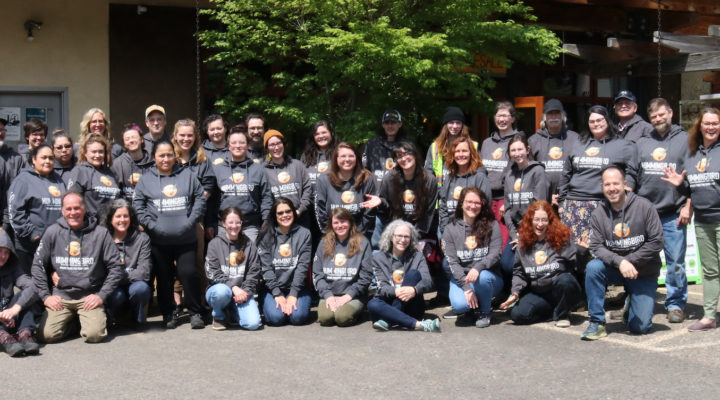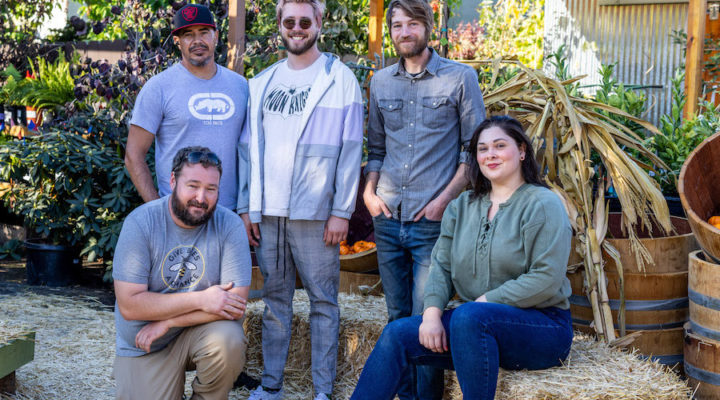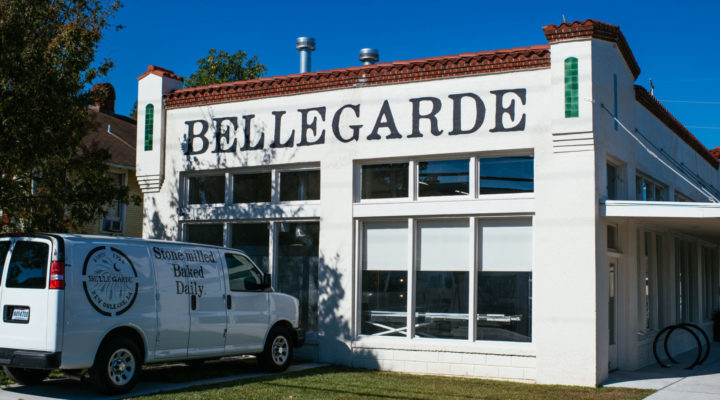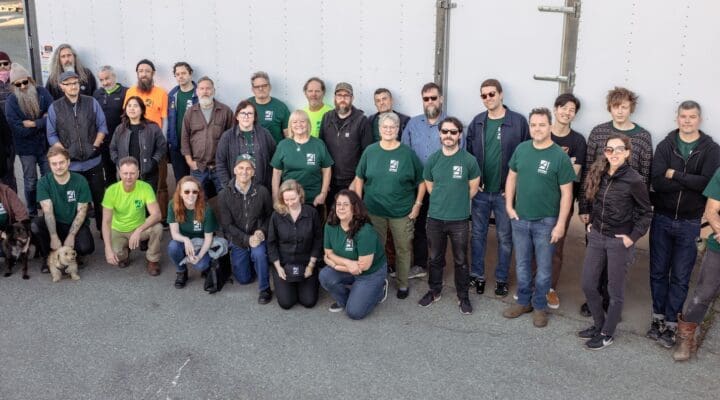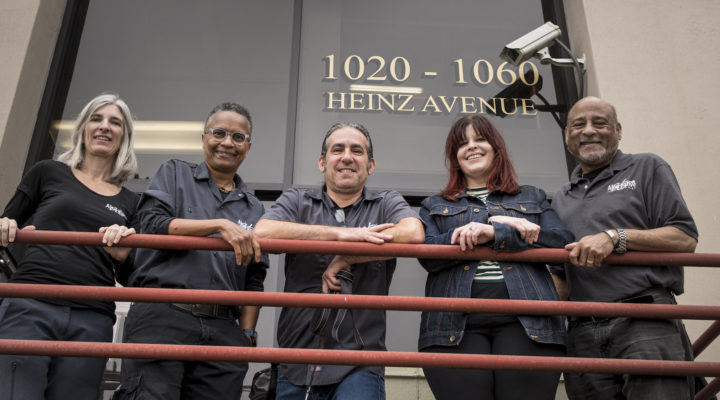Are you a business owner seeking to recruit and retain excellent employees? Are you ready to plan a graceful succession? Are you looking to sell your company or achieve partial liquidity? Is your company a good candidate for employee ownership?
Across the country, many business owners have transitioned to employee ownership with great success. As an owner, you have the option to stay with the company after selling or leave—plus, we have financing options and the best team available to help you through the transition.
We’ve curated stories from owners like Lars Orgtegren, who stayed with his company, California Solar, after transitioning to employee ownership, and others like Jerry Skomer from Alternative Technologies, who leveraged employee ownership to retire.
